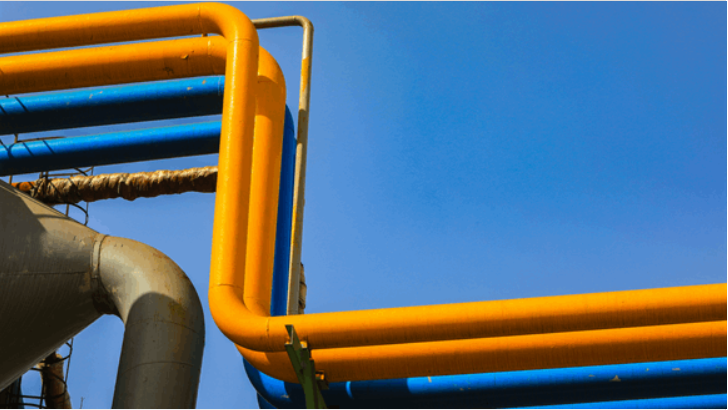

fetching latest news
News tagged in:

European natural gas futures dropped to the lowest since the end of July as concerns eased over near-term exports from Russia that travel across Ukraine.
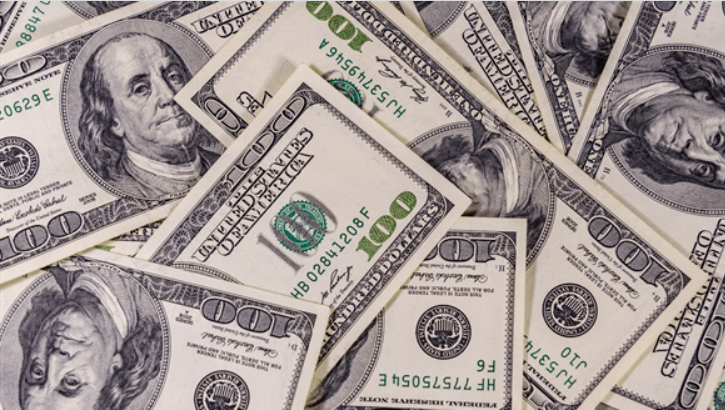
Russia was able to save abroad about a third of the $227 billion windfall earned last year from its commodity exports, creating a potential new flashpoint as the US and its allies look to tighten their sanctions over the invasion of Ukraine.
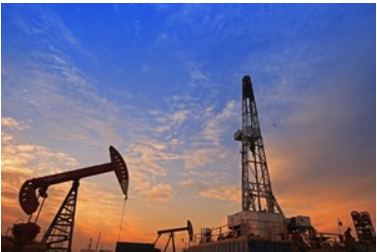
On Day Two of CERAWeek 2023 by S&P Global (CERAWeek), a session entitled, “Oil & Gas: Leading for the decade,” featured a discussion with Hess Corporation CEO John Hess and ConocoPhillips Chairman and CEO Ryan Lance, hosted by S&P Global Vice Chairman Dan Yergin. And both chiefs wasted no time diving into the challenges and opportunities that operators face now and in the future.
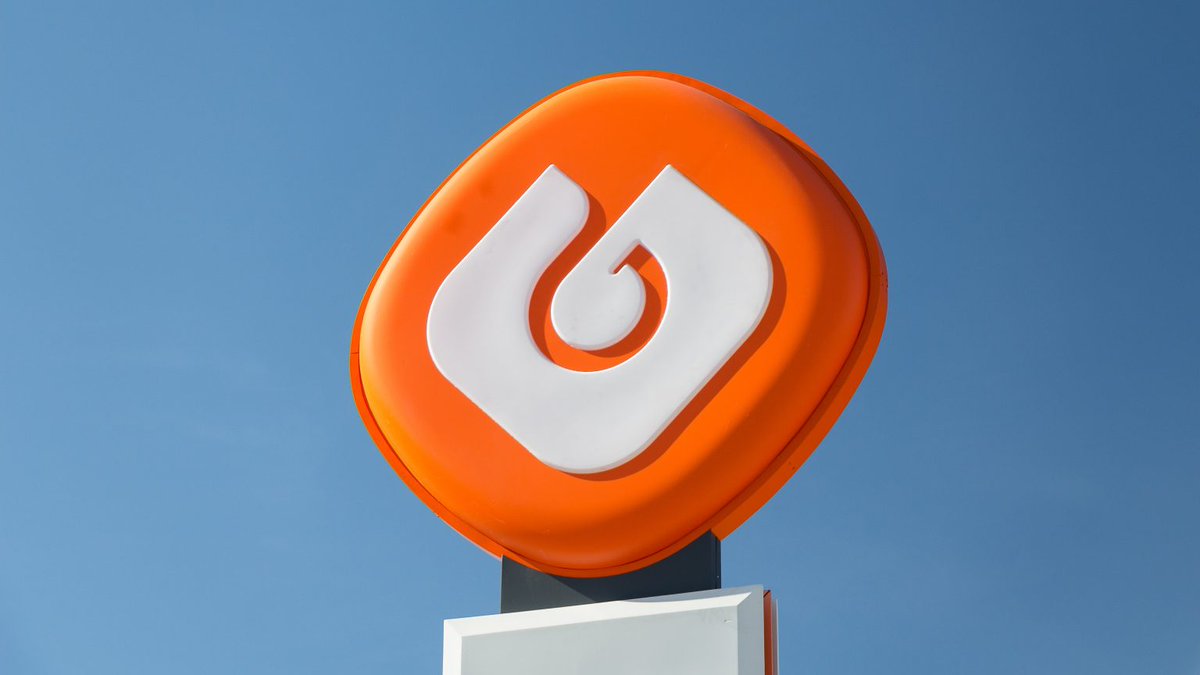
Portuguese oil and gas company Galp Energia reported a 90% jump in adjusted second-quarter profit on Monday, citing soaring oil prices and a sharp increase in its refining margin. Rapid recovery in demand after pandemic lockdowns and a surge in energy prices driven by Russia's invasion of Ukraine have boosted profits for oil companies around the globe.
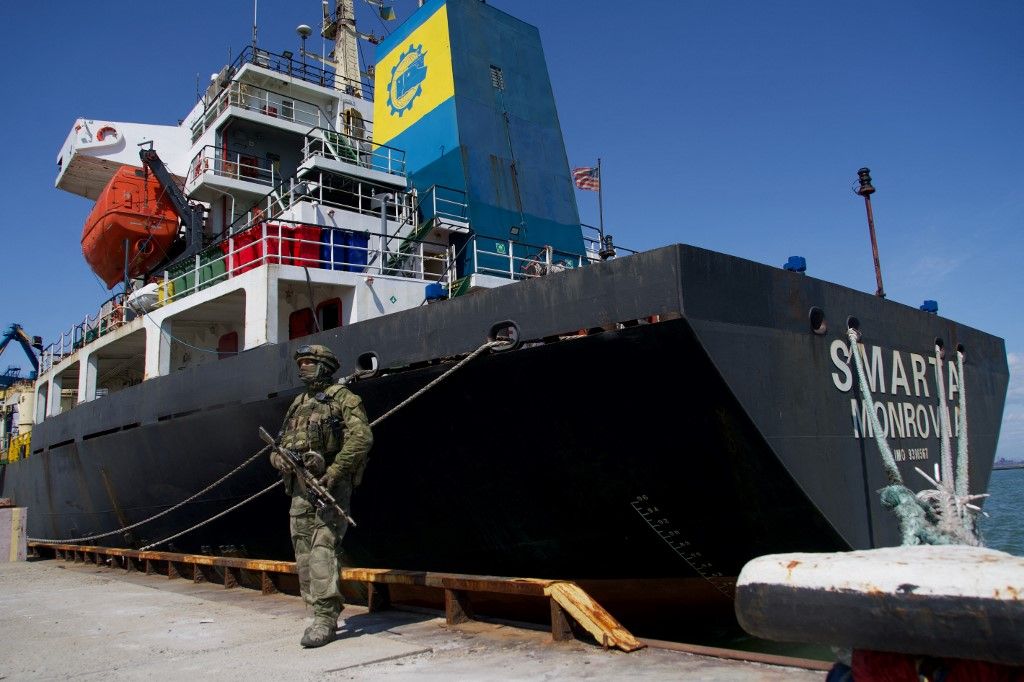
'This is the first such incident against commercial shipping'. In the Ukrainian Port city of Mariupol, Russian-backed separatists have seized two foreign flagged ships.That’s according to Dryad Global’s latest Maritime Security Threat Advisory (MSTA), which highlighted that these were the Panama flagged Blue Star I and the Liberia-flagged Smarta vessel. The Blue Star I is a general cargo ship built in 2005, while the Smarta is a bulk carrier built in 2007.

British lawmakers approved a 25% windfall tax on oil and gas producers in the British North Sea on Monday, which the government says will raise 5 billion pounds ($5.95 billion) in one year to help people struggling with soaring energy bills.The Energy Profits Levy will target profits made from a spike in oil and gas prices as energy demand is going up after pandemic lockdowns ended and the Russia-Ukraine conflict started.
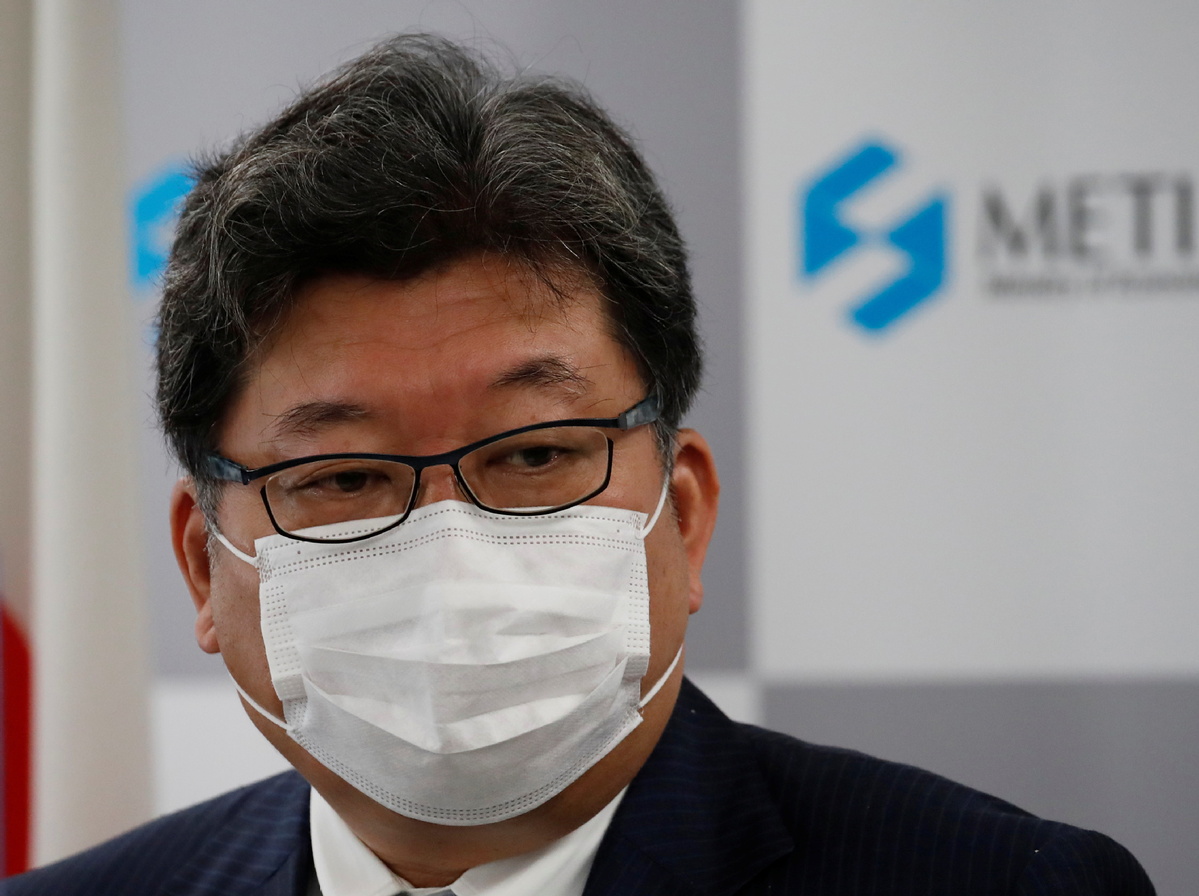
Japan's industry minister Koichi Hagiuda said on Tuesday he will again ask the United States and Australia to boost output of liquefied natural gas (LNG) and ensure a stable supply to the country when he meets his counterparts in Sydney later this week. "I will once again firmly request the United States, a major global LNG producer, and Australia, the largest LNG supplier to Japan, to step up production and ensure a stable supply of the fuel as the global LNG market is tightening in the wake of Russia's invasion of Ukraine," Hagiuda told a news conference.

The biggest single pipeline carrying Russian gas to Germany starts annual maintenance on Monday, with flows expected to stop for ten days, but governments, markets and companies are worried the shut-down might be extended due to war in Ukraine. The Nord Stream 1 pipeline transports 55 billion cubic metres (bcm) a year of gas from Russia to Germany under the Baltic Sea. It will undergo maintenance from July 11 to 21.
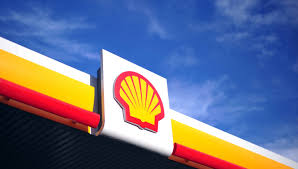
Shell said on Thursday surging demand for oil products that had almost tripled refining profits in the second quarter would boost earnings by up to $1.2 billion. In an update before second quarter results on July 28, Shell also said it would reverse up to $4.5 billion in write downs on oil and gas assets after it raised its energy prices outlook following Russia's invasion of Ukraine. Earnings from oil and refined products trading were expected to be strong in the quarter but lower than the first quarter of 2022, Shell said.

Brent prices could soar to a "stratospheric" $380 a barrel in "the most extreme scenario" of Russia slashing oil production by 5 million barrels per day(bpd) in retaliation to the price cap being considered by the Group of Seven, analysts at J.P. Morgan said in a note dated July 1. G7 economic powers agreed last week to explore imposing a ban on transporting Russian oil that has been sold above a certain price, aiming to limit Moscow's ability to fund its invasion of Ukraine, which Moscow describes as a "special operation".
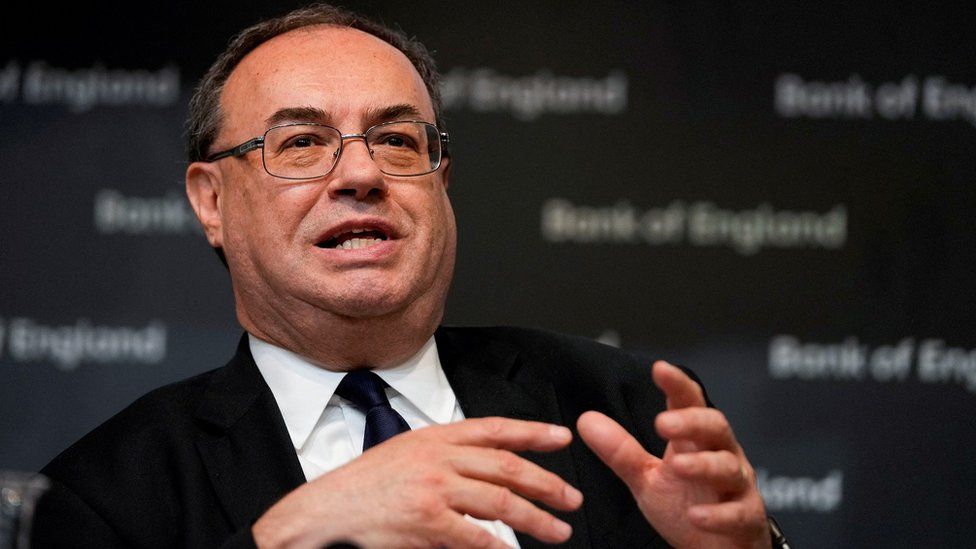
The size of the common global economic shocks from the pandemic and from Russia's invasion of Ukraine has been the overwhelming driver of high inflation and slower growth for most European countries. But in recent days, the Bank of England Governor Andrew Bailey warned inflation is set to be higher for longer here in the UK, and growth in the economy weaker too. These gloomy forecasts echoed those made by the International Monetary Fund and the Organisation for Economic Co-operation and Development, which has 38 member countries.

The new global order after the Russian invasion of Ukraine is set to create new winners and losers in energy as trade flows are changing. Russia is still receiving close to $1 billion in oil and gas revenues every day as Europe continues to buy Russian gas and is panicking over the possibility of Russia cutting off gas supply entirely. In the short term, Russia may have a winning hand, having hooked major European economies to its natural gas. Russia’s invasion of Ukraine has set in motion a series of events that will forever change the global energy order. In the medium- and long-term, the United States is in a very strong position to take advantage of these new dynamics . While Russia is benefitting from high oil and gas prices in the near time, the long-term outlook for its energy industry is poor.
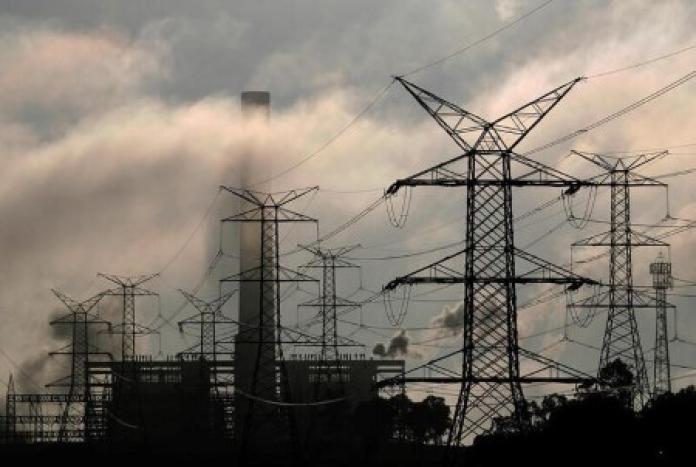
Australia's new energy minister said on Wednesday the push for clean energy is more important than ever, even as G7 leaders water down climate protection commitments to shore up oil, gas and power supply due to the Ukraine conflict. "I'm not worried about a backsliding of ambition, because I think serious leaders around the world get it that actually the transformation is more important than before," Climate Change and Energy Minister Chris Bowen told reporters in Canberra. "If you're going to be reliant on gas, it's more important to be increasing your renewables," he said in a televised address.

“United against megalomania” was how one German newspaper succinctly put it. Sanctions on Russian gold exports, the enlargement of the Nato intervention force to six times its current strength, an air missile defence system for Ukraine, and a broad commitment that the Group of Seven will be with Ukraine for as long as it takes. None of these, secured at this week’s G7 summit held high in the Bavarian Alps in weather that ranged from glorious sunshine to shattering thunderstorms, is a paltry achievement. But there was one idea that stood out, both because it is new, divided the G7, and told a bigger story about the dilemma the west faces as it tries to damage Vladimir Putin’s war economy.
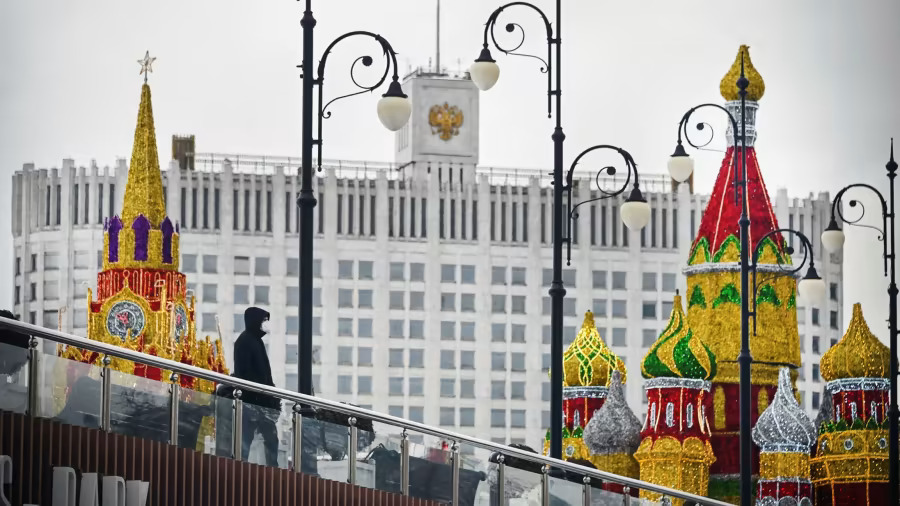
Russia looked set for its first sovereign default in decades as some bondholders said they had not received overdue interest on Monday following the expiry of a key payment deadline a day earlier. Russia has struggled to keep up payments on $40 billion of outstanding bonds since its invasion of Ukraine on Feb. 24, as sweeping sanctions have effectively cut the country off from the global financial system and rendered its assets untouchable to many investors. The Kremlin has repeatedly said there are no grounds for Russia to default but it is unable to send money to bondholders because of sanctions, accusing the West of trying to drive it into an artificial default.
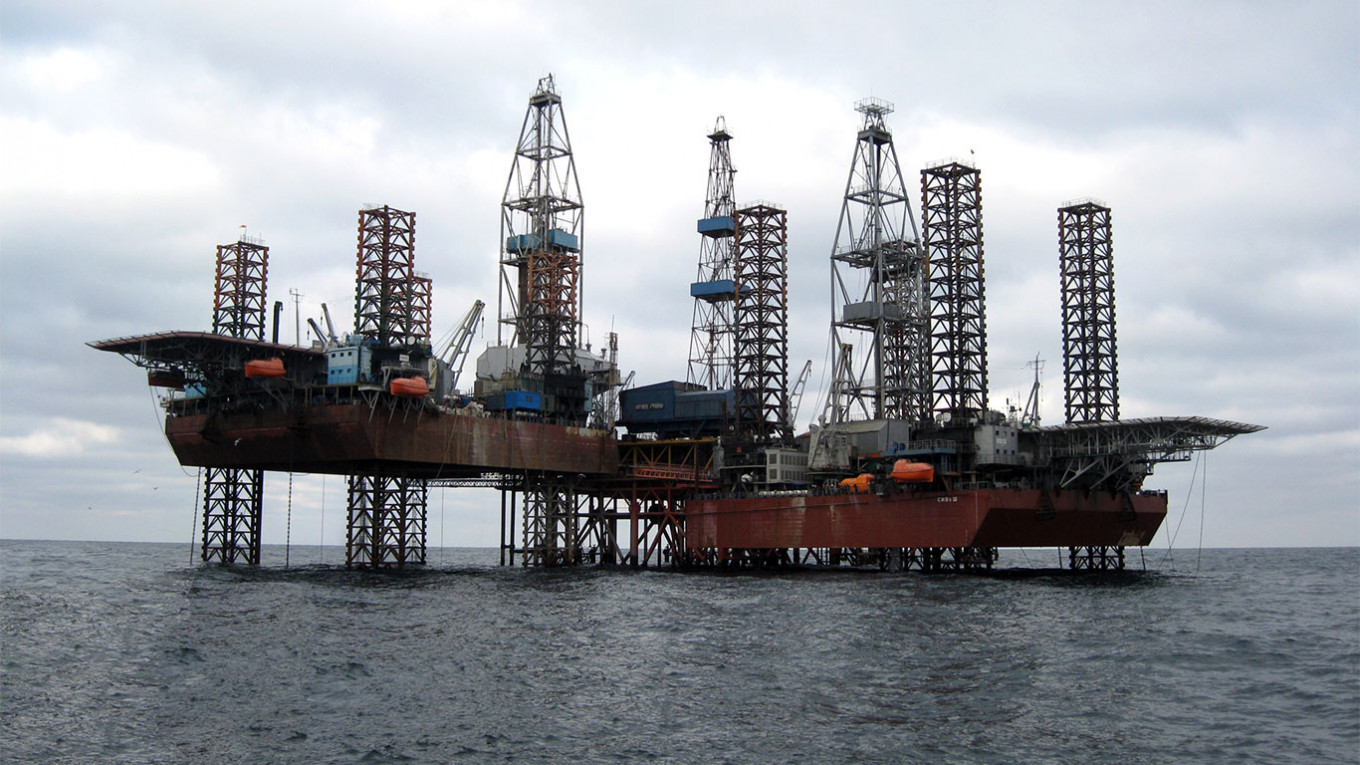
Ukrainian forces have attacked a drilling platform in the Black Sea owned by a Crimean oil and gas company, Tass news agency cited local officials as saying on Sunday, the second strike in a week. The platform is operated by Chernomorneftegaz, which Russian-backed officials seized from Ukraine's national gas operator Naftogaz as part of Moscow's annexation of the peninsula in 2014. "It's shelling by the armed forces of Ukraine, there are no casualties," Tass cited a member of Crimea's emergency services as saying. It gave no further details. Last Monday Crimean officials said three people were wounded with seven missing after a Ukrainian strike that forced the suspension of work on three platforms. Chernomorneftegaz is under U.S. and European Union sanctions.
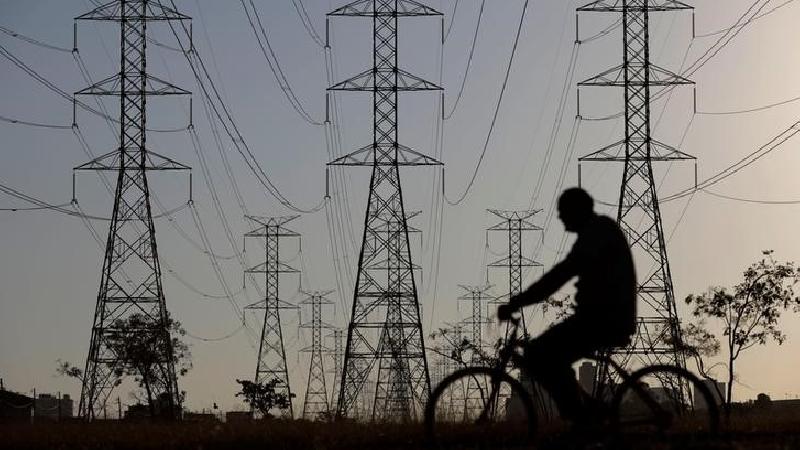
St Petersburg, June 23 (IANS) The severe sanctions against Russia for invading Ukraine are causing dramatic changes in the global economy and the oil market. Against all odds, Russia, one of the major energy-producing countries, continues to play a crucial role in the global energy market, while such unprecedented turbulence and disruption in the global economy can lead, among other things, to a shortage of energy.
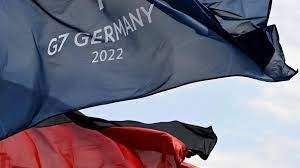
US president Joe Biden expects G7 leaders to debate steps to “stabilise global energy markets” as Washington seeks more cooperation to contain the high commodity prices weighing on the global economy. A senior Biden administration official told reporters on Wednesday that the US would announce a “concrete set of proposals” to raise economic pressure on Russia over its war in Ukraine, hinting at a possible sanctions package when G7 leaders gather in Germany this weekend.